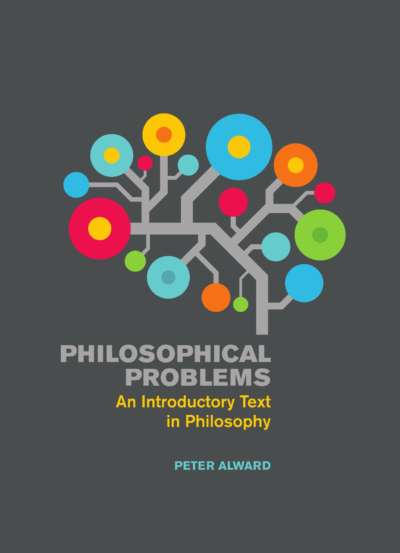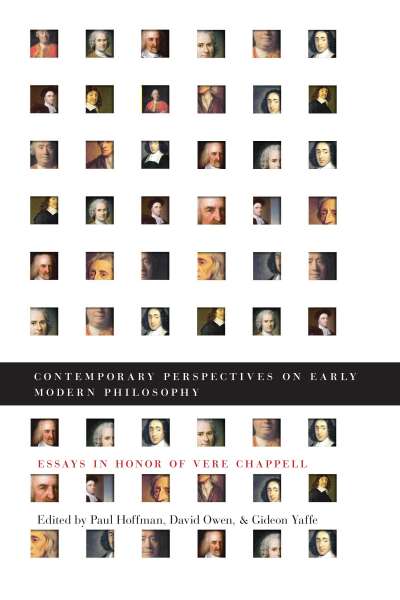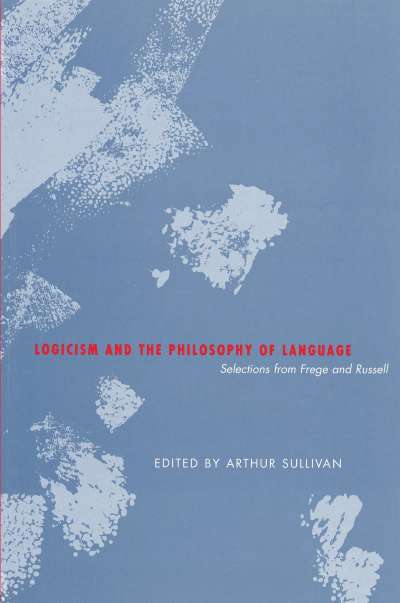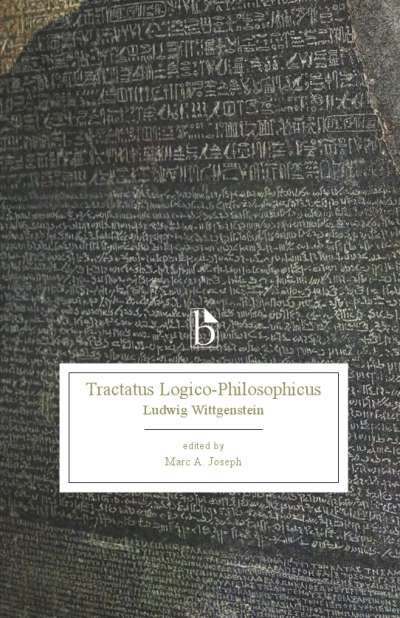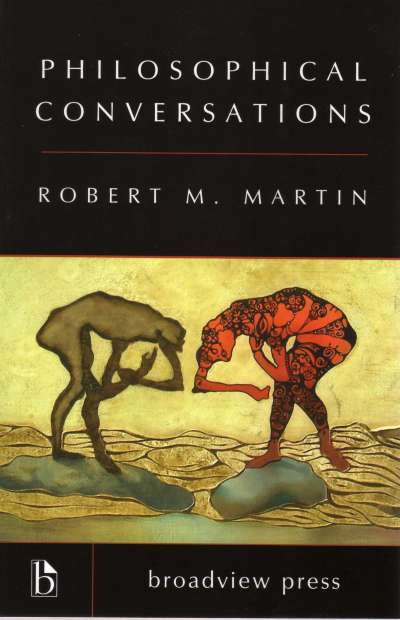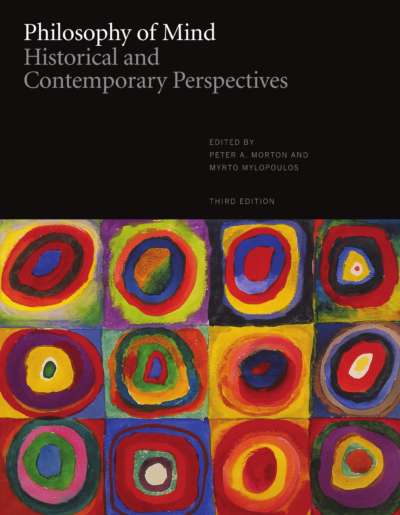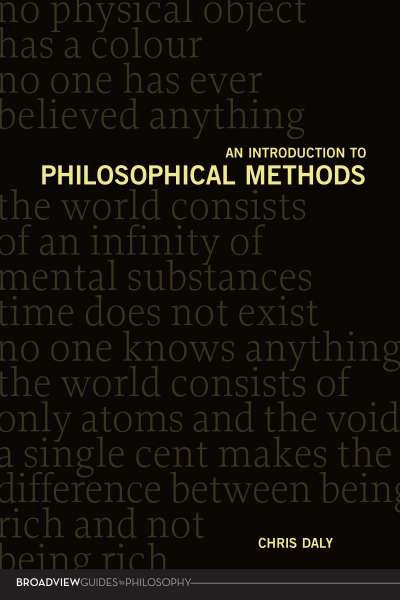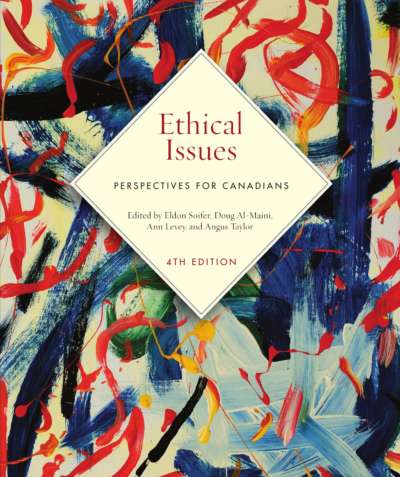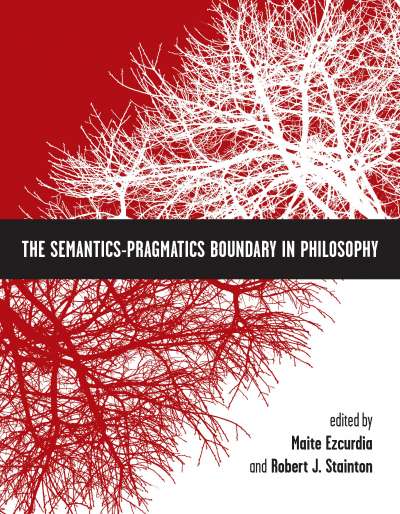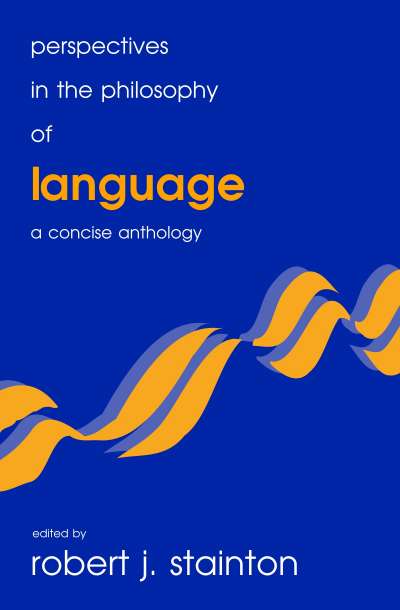Philosophical theorizing about language now involves an increasing emphasis on empirical work and a renewed convergence with philosophy of mind, formal semantics and logic. This new text reflects this evolution.
Philosophical Perspectives on Language is distinguished in several important respects from other introductions to the topic. Rather than looking at philosophy of language as a collection of (at best) loosely related topics—speech acts, demonstratives, sense and reference, truth and meaning, etc.—this book is organized around a unifying theme: language as a system of symbols that is known and used.
Comments
“Stainton has written an excellent textbook on the philosophy of language. It provides a clear and careful introduction to all the main issues in the area. It can be easily [used in conjunction with] some very good anthologies on the topic. … It’s extremely well-written and very polished; Stainton’s prose just flows smoothly from beginning to end. … It’s a joy to read a textbook that walks the reader through some rather tough terrain, never faltering along the way.” — Reinaldo Elugardo, University of Oklahoma
“This is a very good text indeed. It covers the important issues in contemporary philosophy of language, and is extremely clear. It is written in a chatty, lively style … an excellent resource for those new to the philosophy of language.” — Patricia Blanchette, Notre Dame University
Acknowledgements
Preface
Chapter One: Introduction
- Three Perspectives on Language
- Who Cares?
- Some Terminology
Part One: The System Perspective
Chapter Two: Syntax
- Introduction
- Option One — Rule Systems
- Option Two — Principles and Parameters
- Epilogue: Prescriptive and Descriptive Syntax
Chapter Three: Direct Reference
- Three Approaches to Meaning
- Direct Reference Theories
- Bertrand Russell on Descriptions
Chapter Four: Mediated Reference
- Introduction
- Frege
- Possible Worlds
Chapter Five: Truth Theoretic Semantics
- Truth and Meaning
- Non-Declaratives and Truth
Part Two: The Knowledge Perspective
Chapter Six: The Idea Theory of Meaning
- Introduction
- Mental Images
- H. Paul Grice
Chapter Seven: The Language of Thought
- Mentalese and the Idea Theory of Meaning
- An Alternative to LOT: Connectionism
- Another Alternative to LOT: Dennett’s International Stance
Chapter Eight: Knowledge Issues
- Innateness
- Rules and Regularities
- Radical Translation
Part Three: The Use Perspective
Chapter Nine: The Use Theory of Meaning
- Meaning and Use
- Indexicals
- Strawson on Referring
- Speech Act Theory
- Quine and Meaning Nihilism
Chapter Ten: Non-Literal Uses
- Conversational Implication
- Metaphor
- Referential-Attributive
Chapter Eleven: Language and Community
- Non-Literal Use and the Need for Conventions
- The Private Language Argument
- Davidson on the Limits of Convention
Chapter Twelve: Conclusion
Notes
References
Index
Robert Stainton received his doctorate from M.I.T. in linguistics and philosophy. He is author or editor of four books, including Philosophy and Linguistics (with K. Murasugi), Knowledge and Mind (with A. Brook), and Philosophical Perspectives on Language. He is currently associate professor in both the Department of Philosophy and in the School of Linguistics and Applied Language Studies at Carleton University.
Philosophical Perspectives on Language is available in a package with Perspectives in the Philosophy of Language for $64.00, or can alternatively be packaged with The Semantics-Pragmatics Boundary in Philosophy for $74.00. For more information, please contact Customer Service.


